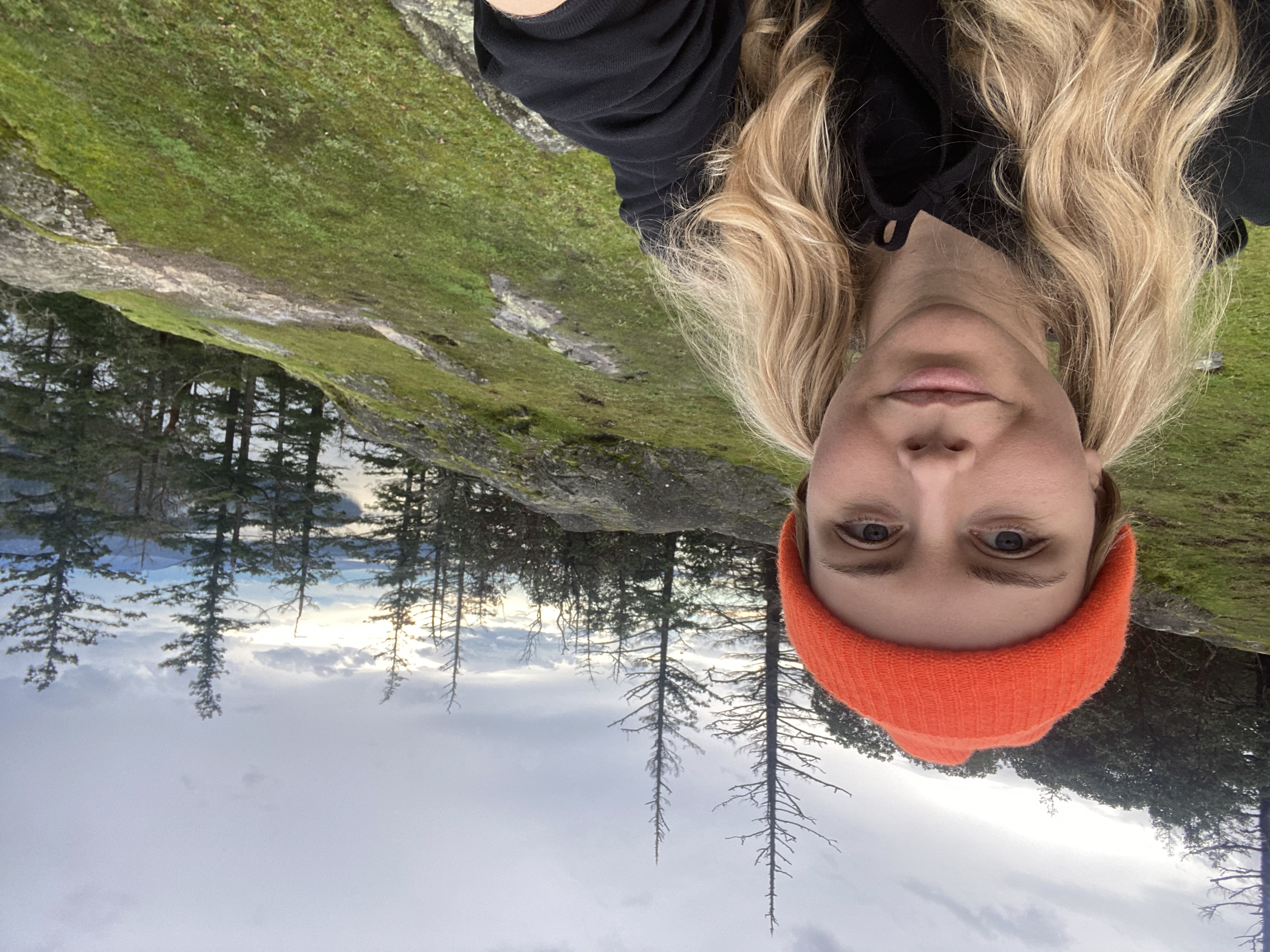Artist Bio

Liljana Mead Martin (b. Halifax, NS) is a first-generation Canadian artist practicing on the unceded traditional territories of the xʷməθkʷəy̓əm (Musqueam), Sḵwx̱wú7mesh (Squamish), and səl̓ílwətaɬ (Tsleil-Waututh) Nations in Vancouver, and the Hul’q’umi’numʔ and W̱SÁNEĆ (Saanich) speaking peoples on Salt Spring Island.
Her practice investigates the tensions inherent in material ecology, industrial extraction, and climate disturbance. By working with the detritus of changing landscapes–burned forests, eroded soils, crushed shells, extinct or adapted species–Martin navigates the friction between ecological collapse and the necessity of biophilic repair. Her sculptures act as physical sites of reflection, probing how we might honour the persistence of life, of future generations amidst systemic instability and climate crisis. Through this lens her work seeks tactile strategies for imagination, sustenance and endurance within our shifting environments.
Martin holds a Bachelor of Fine Arts from the Nova Scotia College of Art and Design (2010) and a Master of Fine Arts from Emily Carr University (2016). Her work has been exhibited nationally and internationally, including ENTRE Vienna (2025), Salt Spring Arts (2024), and Zalucky Contemporary (2022). Her practice has gained recognition through group exhibitions at NADA House in New York (2022), a solo exhibition with Wil Aballe Art Projects (2021), and three-artist show at Nanaimo Art Gallery (2020).
Furthering her research into soil as a living sculpture material, Martin received the 2024 Catalyst Grant from Salt Spring Arts and the Wilding Foundation to develop Seed Sphinx (2025), a public artwork, regenerative sculpture and bio-art experiment. A commitment to ecological dialogue extends to her role as the founder and editor of BIOMASS (est. 2020), an online periodical that facilitates exchange among artists addressing sustainability, burnout, and community-led strategies for creative sustenance. Martin is also a writer and contributor to Nature Creative Commons, an initiative to improve environmental policy through accessible accurate scientifically-grounded research, art and media in British Columbia, Canada.